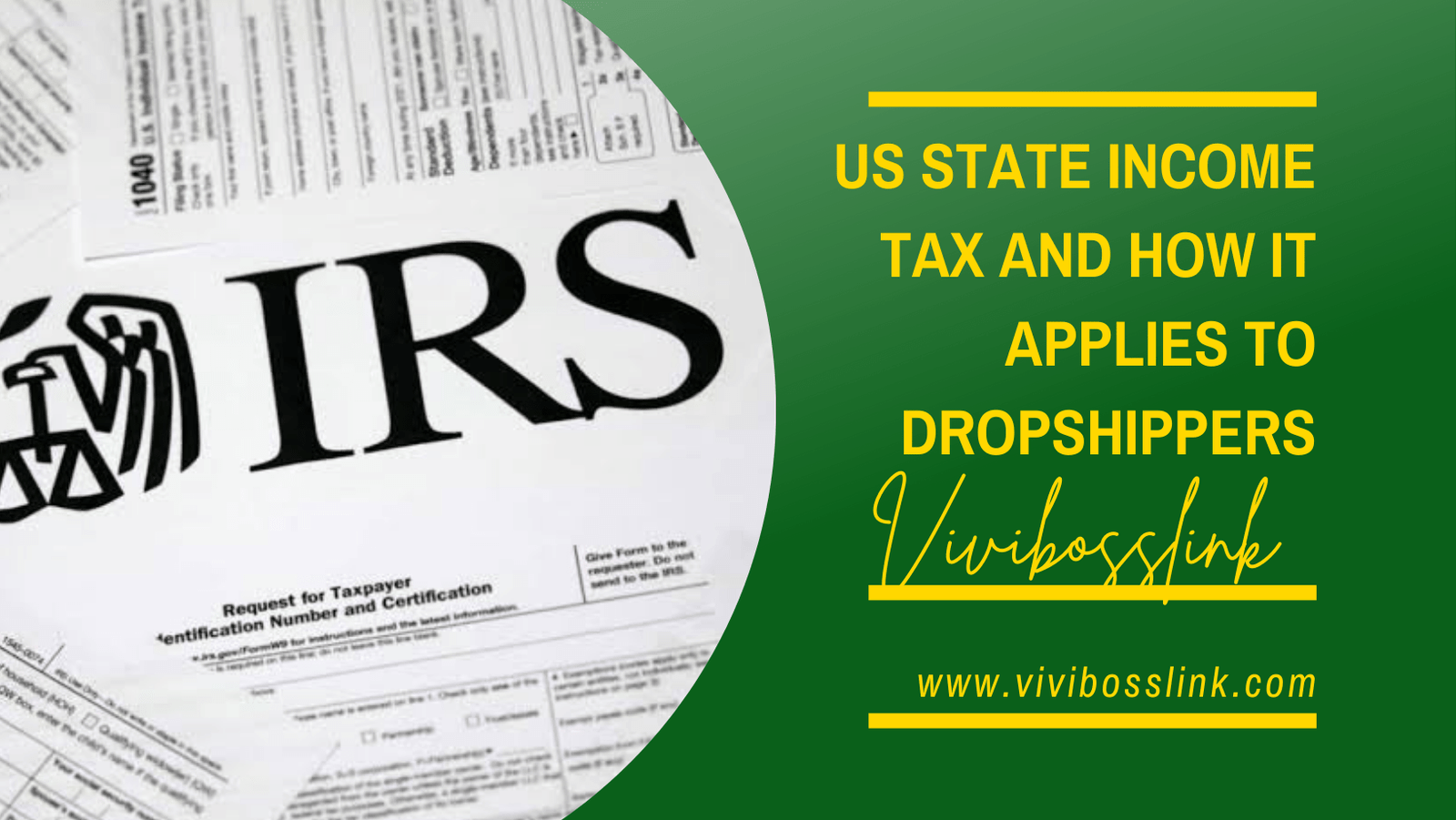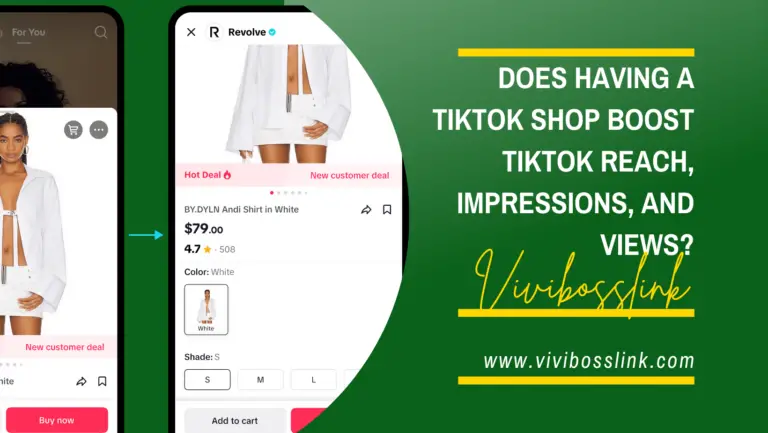
When running a dropshipping business, understanding your tax obligations is crucial to maintaining compliance and avoiding penalties. Here’s a detailed look at how state income tax applies to dropshippers in the US.
State Income Tax Overview
State income tax is a tax levied on the income of individuals and businesses within a state. The eligibility and rates for state income tax vary from state to state. Generally, state income taxes are imposed on residents and those earning income sourced within the state. Individuals and businesses must file a state income tax return annually if their income exceeds the state’s filing threshold.
Multiple State Tax Obligations
If you earn state sourced income from multiple states, you might be subject to state income taxes in each of those states, unless specific exemptions apply, such as state income tax exemptions or reciprocity agreements. Can dropshippers with US based customers be said to be earning “State sourced to income” and therefore obligated to pay state income tax? Let’s find out!
What is State-Sourced Income in the US?
State-sourced income is generally determined by the location (state) where services are performed. Income is considered state-sourced if it is attributable to services performed within that state.
Dropshipping and State-Sourced Income
For dropshippers, the question often arises: Do you owe state income tax if you’re not a resident of a state but have customers there? The answer is usually no. If you operate your dropshipping business from outside a state, merely having customers within the state does not create state-sourced income. This is because your service—promoting and marketing products—is performed outside the state. The third-party supplier, who fulfills the orders within the state, is the entity with state-sourced income, not you.
Typically, if you do not live in a state and do not have a dependent agent or employee there, you do not have state-sourced income. A dropshipping supplier is not considered a dependent agent or employee of the dropshipper because dropshipping suppliers are usually independent businesses or contractors.
Non-US Resident LLCs and State Income Tax
If you’re a non-US resident with an LLC registered in a US state, do you owe state income tax? Generally, an LLC is a “pass-through” entity, meaning the tax obligation passes through to the members. If the members are non-US residents, they typically do not owe state income tax, provided the LLC does not have employees or business operations within the state.
States in the US with No State Income Tax
Nine states—Alaska, Florida, Nevada, New Hampshire, South Dakota, Tennessee, Texas, Washington, and Wyoming—do not levy individual state income taxes at all, even if you have state-sourced income from these states. Additionally, South Dakota, Texas, Washington, and Wyoming do not have corporate state income taxes.
US State income tax Annual Filing Deadlines
The deadline for state income tax filings typically aligns with the federal tax deadline, which is usually April 15th.
Conclusion
Understanding state tax obligations is crucial for dropshippers and other e-commerce businesses operating in the US. While state income tax rules vary, the primary considerations revolve around where the services are performed and the nature of the business structure. Dropshippers generally avoid state income tax unless they live in the state or have dependents agents or employees in the state.







